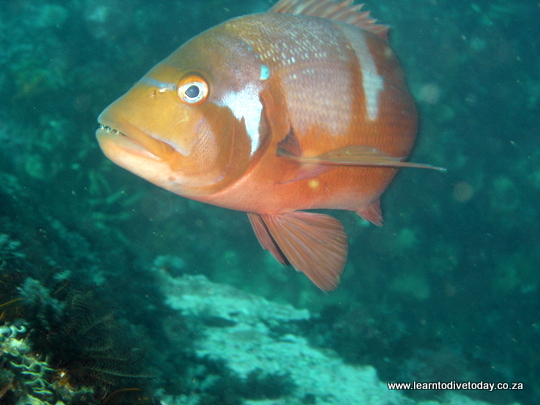How can we strike a balance between scientifically-driven conservation priorities and taking care of people, South Africans, many of whom have historically not been cared for at all?

Loretta Feris, in a paper called A Customary Right to Fish When Fish Are Sparse: Managing Conflicting Claims between Customary Rights and Environmental Rights (pdf), grapples with the issue of “what happens when an indigenous community attempts to exercise its customary right to fish and the nearest access to marine resources is located in a marine protected area.” This issue is not peculiar to South Africa, but has arisen in many countries that were colonised.
South African legislation has not yet addressed the conflict between customary rights to marine resources by the communities who depend(ed) on them, and environmental law that designates certain areas as reserves and forbids fishing.
The South African Bill of Rights sets out the criteria for justifiable restrictions on the rights it enshrines. Feris writes,
In essence, it lays down a proportionality requirement, in terms of which it must be shown that the law in question (the Marine Living Resources Act) serves a constitutionally acceptable purpose and that there is sufficient proportionality between the infringement and the purpose that the law is designed to achieve.
In other words, if your rights are infringed by legislation, the purpose of that legislation must be consistent with the Constitution of South Africa, and the infringement of your rights must be proportional to the benefits accruing by having such a law on the books. According to Feris, the National Environmental Management: Protected Areas Act No. 57 of 2003 (pdf), which provides for the establishment of Marine Protected Areas, places
a very clear constitutional duty on the government to ensure that natural resources such as marine resources are managed in a manner which acknowledges the economic interests in fisheries, but at the same time ensures that ecosystems and species are protected to ensure long-term viability.
Feris describes arguments for fisheries management approaches that make use of indigenous communities as custodians, assessors of the fishing stock, and managers and enforcers. The aim of such an approach would be to confer both a right (to harvest) and a duty (to protect) upon the local communities that have traditionally had access to a marine resource. Ensuring that employees at national parks and protected areas are drawn directly from the surrounding communities is one way to enact this type of philosophy.
Can I suggest Feris’s article as some Sunday afternoon reading? This is not a problem that is going to disappear in South Africa any time soon, and as a trying-to-be-compassionate human and conservation-minded ocean person it’s good to familiarise oneself with the grey areas that challenge one’s convictions.
Sustainable Seas Trust is endeavouring to strike the balance that Feris writes about in her article, and – should you be at a loss as to how to proceed – you could consider supporting them.







